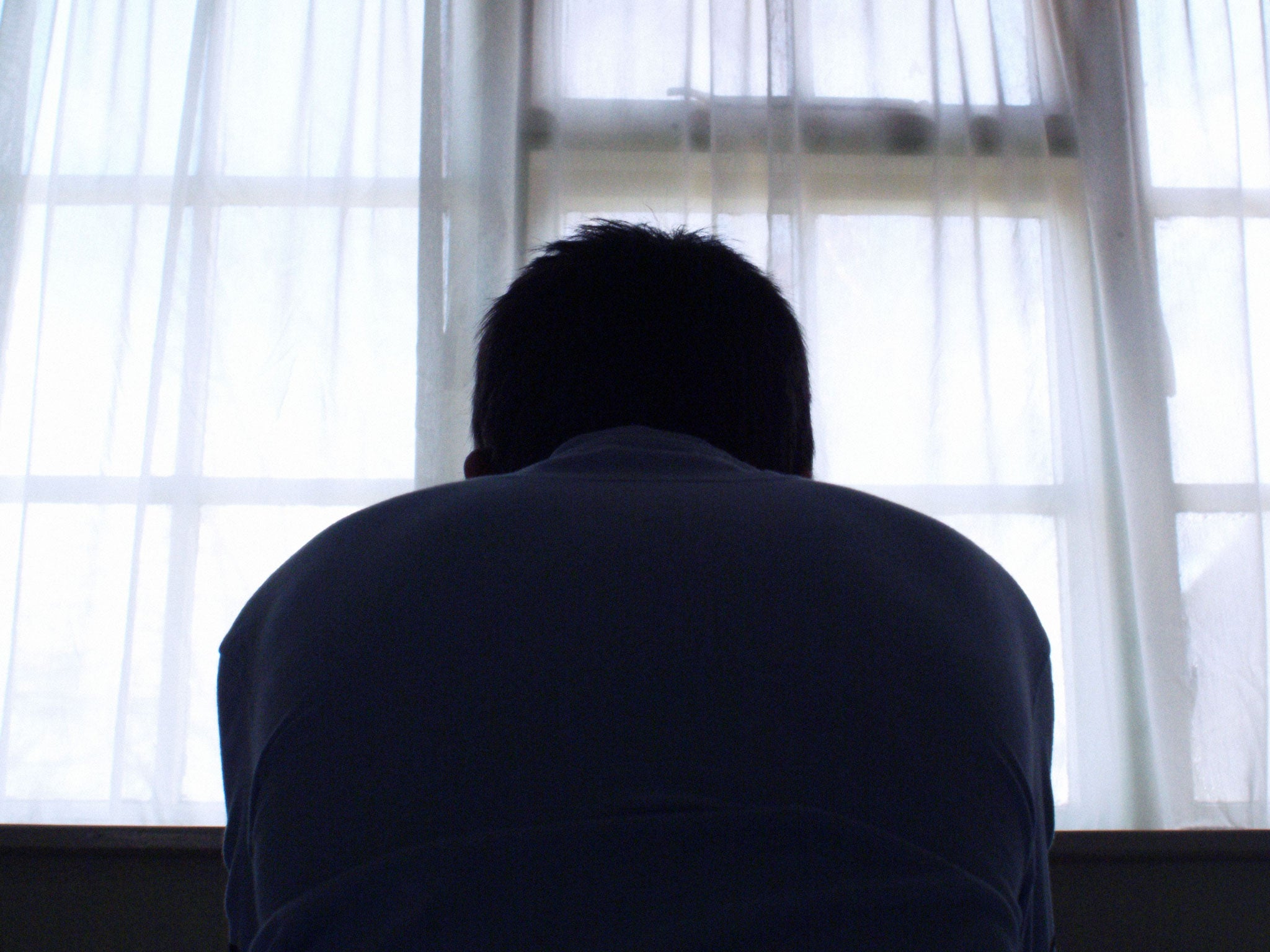The most interesting thing about the latest figures on mental health is what the NHS chose to leave out
Evidence indicates that gay men are more than twice as likely to attempt suicide as heterosexual men, yet this crucial demographic information (which they do hold) was not released at all

This week saw NHS Digital release the Survey of Mental Health and Wellbeing. It’s an opportunity to gain new insights and build an evidence base to ensure that those most at risk get the focussed attention they deserve and need.
The survey is supposed to be a kind of ‘state of the nation’ in terms of mental health, but the launch of this authoritative national survey tells us more about the hierarchy of importance assigned to different groups, than the reality of mental health for millions in today’s diverse society.
On one hand, the report lays bare the stark challenge we face. Record numbers of adults in England are now living with mental health problems, with young women in particular facing heightened risk. But this week’s media launch only tells part of the story, because NHS Digital appear to have side-stepped some of the biggest known mental health inequalities.
Just this week, a BBC Three documentary ‘Being Black, Going Crazy’ reported that black men are six times more likely to be sectioned as an inpatient in hospital under the mental health act, and 17 times more likely to be diagnosed with a serious mental health problem.
You won’t hear much reporting on the mental health of black communities in the wake of this national report. By the survey's own admission ‘because of the small sample sizes, differences between ethnic groups in rates of specific disorders were not statistically significant’. A survey responsible for the nation’s flagship mental health statistics has a duty to ensure that those most impacted by mental health problems are represented significantly.
We also know that LGBT people have much higher rates of anxiety, depression, substance use disorders and suicidal behaviour than heterosexuals. Evidence indicates that gay men are more than twice as likely to attempt suicide as heterosexual men, yet this crucial demographic information (which they do hold) was not released at all.
On the day of the most significant mental health data-release we’re likely to see in the next ten years, why did NHS Digital hold back on data-sets for a community known to be one of the most impacted by mental health problems? I contacted NHS Digital to ask where the missing data is, who has it and when we can expect to see it. I was told the short answer, which is that they don’t know, but will look into it.
By holding back on data for LGBT communities, and failing to collect significant data on black communities, NHS Digital have avoided revealing the full extent of the mental health inequalities crisis in England today.
We often hear government rhetoric proposing universally proportionate approaches to take action on mental health; these are approaches that allocate resources in proportion to need. But how can the government sincerely expect to deliver on this laudable ambition, when mental health data so routinely overlooks those most in need?
We often hear health officials deferring action by calling for more research, more data to highlight the scale of a problem before action can be taken to step in and support people. If we’re serious about tackling the rising tide of mental ill-health, it’s time to shine a light on England’s mental health inequalities crisis and strengthen the case for proportional support for those who need it most. Failure to do this is at best negligence, and at worst, indicative of a system that wilfully turns its back on the realities of those most in need of support.
Join our commenting forum
Join thought-provoking conversations, follow other Independent readers and see their replies
Comments
Bookmark popover
Removed from bookmarks